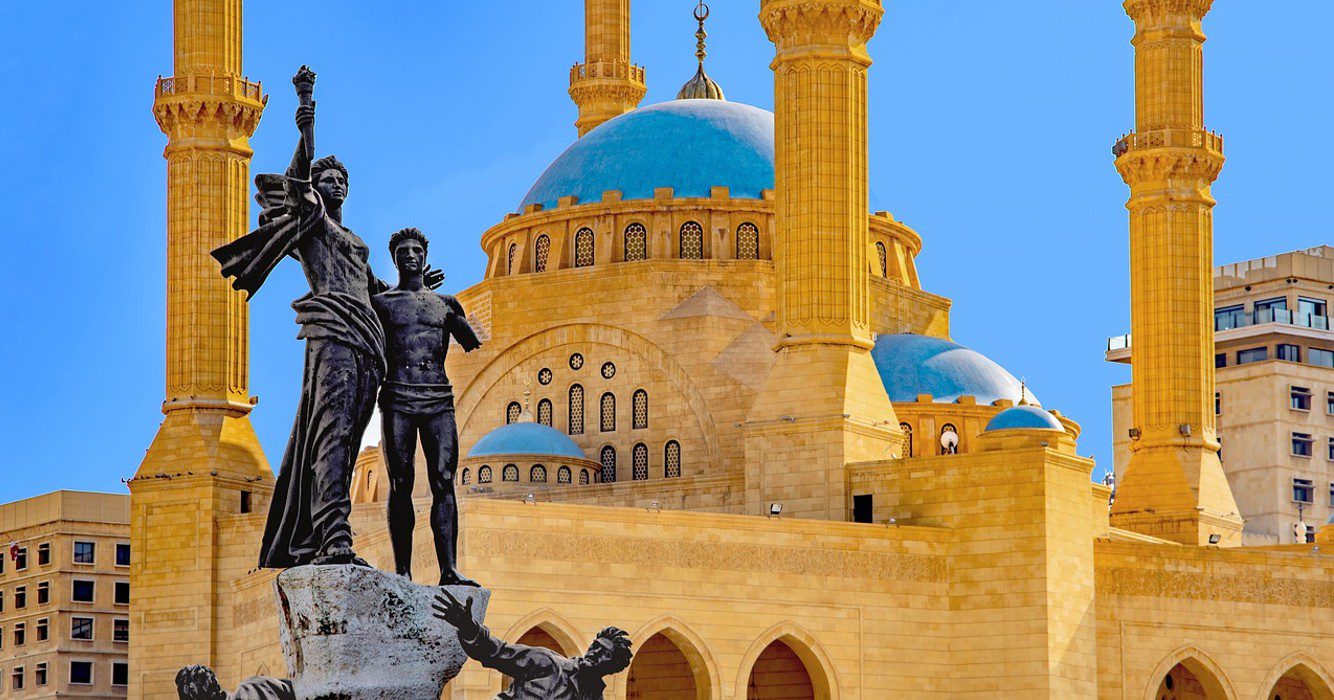Lebanon, a country known for its vibrant culture, historical heritage, and picturesque landscapes, has been grappling with a deep economic crisis in recent years. As the nation seeks stability amidst a tumultuous financial landscape, the concept of dollarization has emerged as a potential solution. This article explores Lebanon’s path towards dollarization and how it may impact the country’s economic status.
Trying Out New Solutions

The several causes of Lebanon’s economic crisis, which includes both domestic and external forces, are complex. Public trust has been destroyed and the nation’s financial underpinnings have been damaged by years of poor management, corruption, and political instability. An enormous debt load, diminishing foreign reserves, and an over reliance on the Lebanese pound have all served to deepen the issue. In the context of Lebanon, the term “dollarization” refers to the use of a foreign currency, primarily the US dollar, either in addition to or in place of the local currency. It provides a different way to stabilize an economy that is experiencing hyperinflation, currency devaluation, and a decline in public faith in the currency. Dollarization is being looked at as a potential remedy to regain economic stability in Lebanon.
Chances of Survival

The likelihood of inflation, which is a key worry in Lebanon’s current economic crisis, is reduced by dollarization. Prices that are predictable and promote investment are advantageous to both firms and customers. By removing exchange rate risk and lowering transaction costs, using the US dollar as the official currency simplifies trade and investment operations. As a result, multinational enterprises find Lebanon to be a more appealing location. It increases Lebanon’s competitiveness in the global market. By switching to a foreign currency, Lebanon would give the US Federal Reserve power over its monetary policy. The country may be less able to react to economic turbulence and modify policies to meet its particular needs as a result of this loss of autonomy.
At a crossroads, Lebanon is looking for answers to get out of its economic crisis and regain stability. Dollarization is a viable strategy for reviving the economy, ensuring stability, luring capital, and promoting economic expansion. To guarantee an equitable transition for all societal segments, however, the decision to implement dollarization should be supported by thorough planning, careful assessment of the difficulties involved, and equitable transition activities.
Although dollarization provides some optimism for Lebanon’s economic recovery, it is important to keep in mind that real improvement necessitates addressing the crisis’s underlying causes, fostering strong governance, and enacting structural changes. Lebanon may create the conditions for a more affluent future by combining sensible economic principles with the advantages of dollarization.


